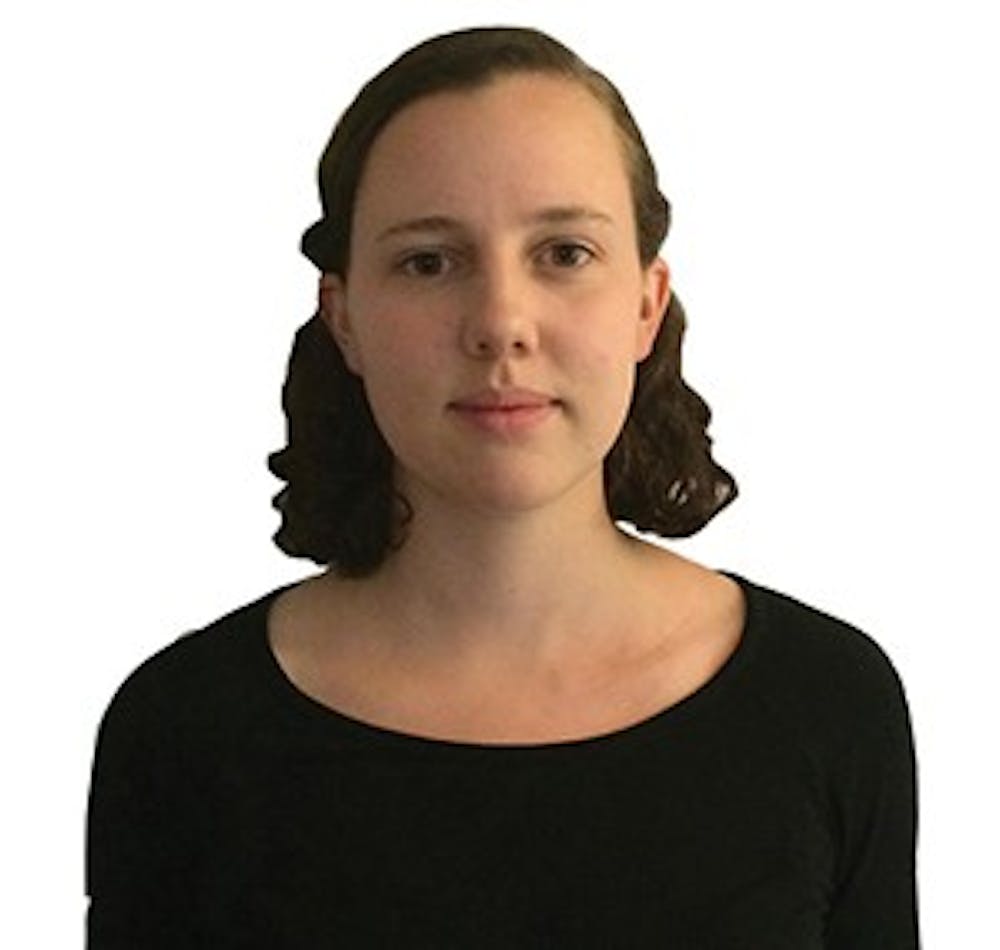Cheryl Strayed’s book “Wild: From Lost to Found on the Pacific Crest Trail” has sold over 1 million copies, held a place as number one on the New York Times Best Seller List for seven consecutive weeks and was recently adapted as a film starring Reese Witherspoon. Of course, no best-selling story of self-empowerment would be complete without a spot on Oprah’s Book Club reading list. Strayed’s book has inspired many to lace up their hiking boots and go on a trek of self-discovery on the Pacific Crest Trail.
After a rough first day on the trail, Strayed entertains the idea of turning back but ultimately hikes 1,100 miles of the PCT. I, however, couldn’t make it past the first sentence of her book: “The trees were tall but I was taller.” It is clear throughout that Strayed is not particularly concerned with the protection of the world responsible for her healing. This anthropocentrism, a view that humankind is at the center of all existence, helps fuel an attitude that condones the continual recreational use of natural spaces without commitment to their preservation.
When Strayed begins her journey in the Mojave Desert she can’t even lift her pack because it’s filled with so many superfluous items, a banal metaphor for her emotional baggage. The film’s portrayal of Strayed’s inexperience is placed in an endearing light. Perhaps this is an effort to humanize and democratize outdoor spaces. While I applaud the effort of increasing accessibility to the “great outdoors,” this kind of message overlooks the difficulty and skill required in a 2,000 mile thru-hike where one must take heed.
The fact is, Strayed’s inability to lift her pack, her initial lack of knowledge of using an outdoor stove and pitching her tent is not something to be glorified as part of her journey or written off as innocuous. Traffic on the Pacific Crest Trail Association’s website, the main hub for information regarding the trail, has increased by 300 percent. Because of the huge influx of hikers, the southern entry point has placed a cap of 50 hiker permits each day. The drought in California has also meant that water sources have dried up and hikers must be prepared to carry an extra supply.
The PCTA has referred to this as the “Wild Effect.” To me, it’s not so clear what is so unique and distinctly powerful about Strayed’s “Wild.” There is no dearth of quality and timeless nature writing. But, it quickly becomes apparent that Strayed’s transformation has nothing to do with the trail that enabled it. At no other point in the film adaptation is this made more clear than when she has a one-night stand with a man in Ashland, Oregon. In taking off her clothes, he lays eyes on her bruises, chafing and blisters from the trail. In this moment, some crunchy dude is making visible the scars of her perseverance. And the PCT? Well, it’s somewhere under the weight of Strayed’s misfortune.
Even though less than $5 of the average American taxpayer’s money is used to access and preserve the U.S.’s national parks system, these public lands remain a gated community in many ways. Given the problem of accessibility, who am I to make a value judgment of the individuals that endow the inspirational women’s lit genre and have begun their own journeys on the PCT? If all “Wild” did was get more people hiking, then I can’t say I have much of a problem. While Penn is full of its fair share of the archetypal health conscious millennial, the outdoor activities offered at Penn are far and few between and raise cost issues for potential — and possibly less experienced — participants.
For better or for worse, it’s the insipid truth that we need people like Strayed to remind us of this. However, we have to remember that national parks didn’t always exist for our use, and their continual survival is not something to be taken lightly. These lands had to be fought for, preserved and deemed an important and inextricable part of the American landscape. So I’ll roll my eyes at the PCT traffic and say I’ll find the path less traveled. But, it’s time to concede to the truth that the only final frontier that remains is our decision to tend to the wild space that is left.
CLARA JANE HENDRICKSON is a rising College senior from San Francisco studying political science. Her email address is clara@sas.upenn.edu.
The Daily Pennsylvanian is an independent, student-run newspaper. Please consider making a donation to support the coverage that shapes the University. Your generosity ensures a future of strong journalism at Penn.
DonatePlease note All comments are eligible for publication in The Daily Pennsylvanian.






